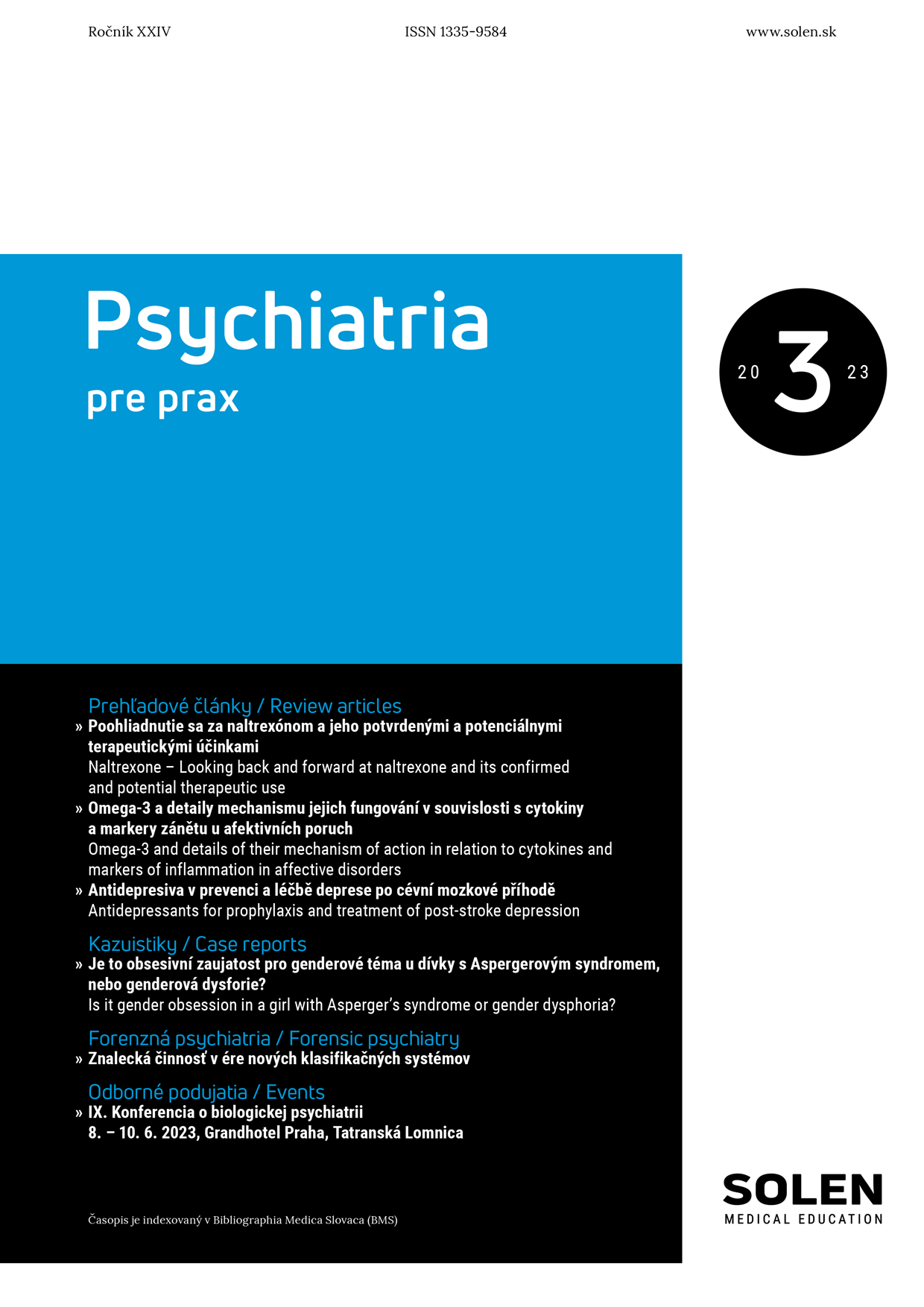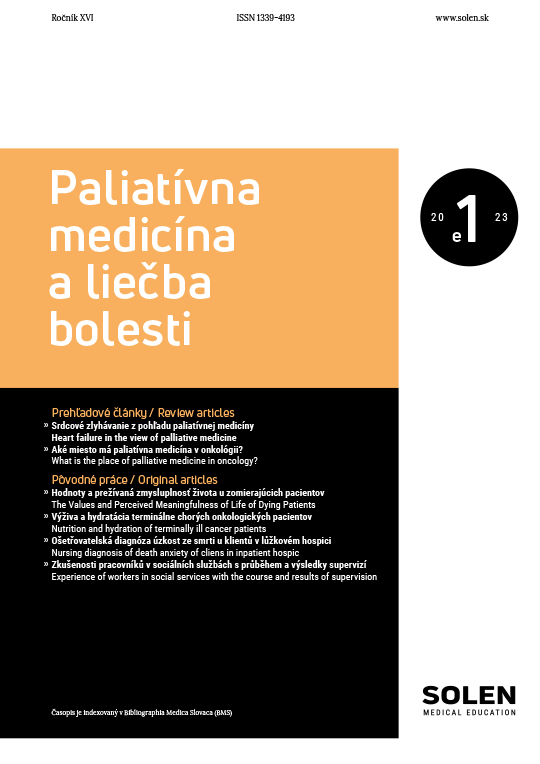Neurológia pre prax 4/2021
Postavení subkutánního interferonu beta-1a v léčbě relaps-remitentní roztroušené sklerózy
Léčba subkutánním inteferonem β-1a (IFN β-1a) snižuje u relaps-remitentní roztroušené sklerózy (RS) riziko klinické i radiologické progrese. Účinnost byla prokázána i ve fázi klinicky izolovaného syndromu. Dlouhodobá data o bezpečnosti IFN β-1a jsou příznivá včetně možnosti léčby v průběhu těhotenství a kojení. Adherenci pacientů k léčbě IFN β-1a zvyšuje užívání elektronického autoinjektoru. Registr ReMuS zajišťuje sběr dat o pacientech s RS v České republice již od roku 2013. Analýza dostupných dat umožňuje podrobnou charakteristiku pacientů léčených subkutánním IFN β-1a. K dispozici jsou informace o vývoji počtu pacientů, jejich fenotypu, těhotenství, práceschopnosti či postavení IFN β-1a v algoritmu léčby RS.
Kľúčové slová: interferon β-1a, relaps-remitentní roztroušená skleróza, registr ReMuS
Role of subcutaneous interferon beta-1a in treating relapsing-remitting multiple sclerosis
In relapsing-remitting multiple sclerosis, the treatment with subcutaneous interferon β-1a (IFN β-1a) reduces the risk of clinical and radiological progression. Efficacy has been shown even in the stage of clinically isolated syndrome. Long-term data on the safety of IFN β-1a have been promising, including the treatment options during pregnancy and breast-feeding. Patient adherence to treatment with IFN β-1a is increased by the use of an electronic autoinjector. The ReMuS Registry has been collecting data on multiple sclerosis patients in the Czech Republic since 2013. An analysis of available data allows for a detailed characterization of patients treated with subcutaneous IFN β-1a. Information is available on the numbers of patients, their phenotype, pregnancy, capacity for work, or role of IFN β-1a in the treatment algorithm of multiple sclerosis.
Keywords: interferon β-1a, relapsing-remitting multiple sclerosis, ReMuS Registry

















